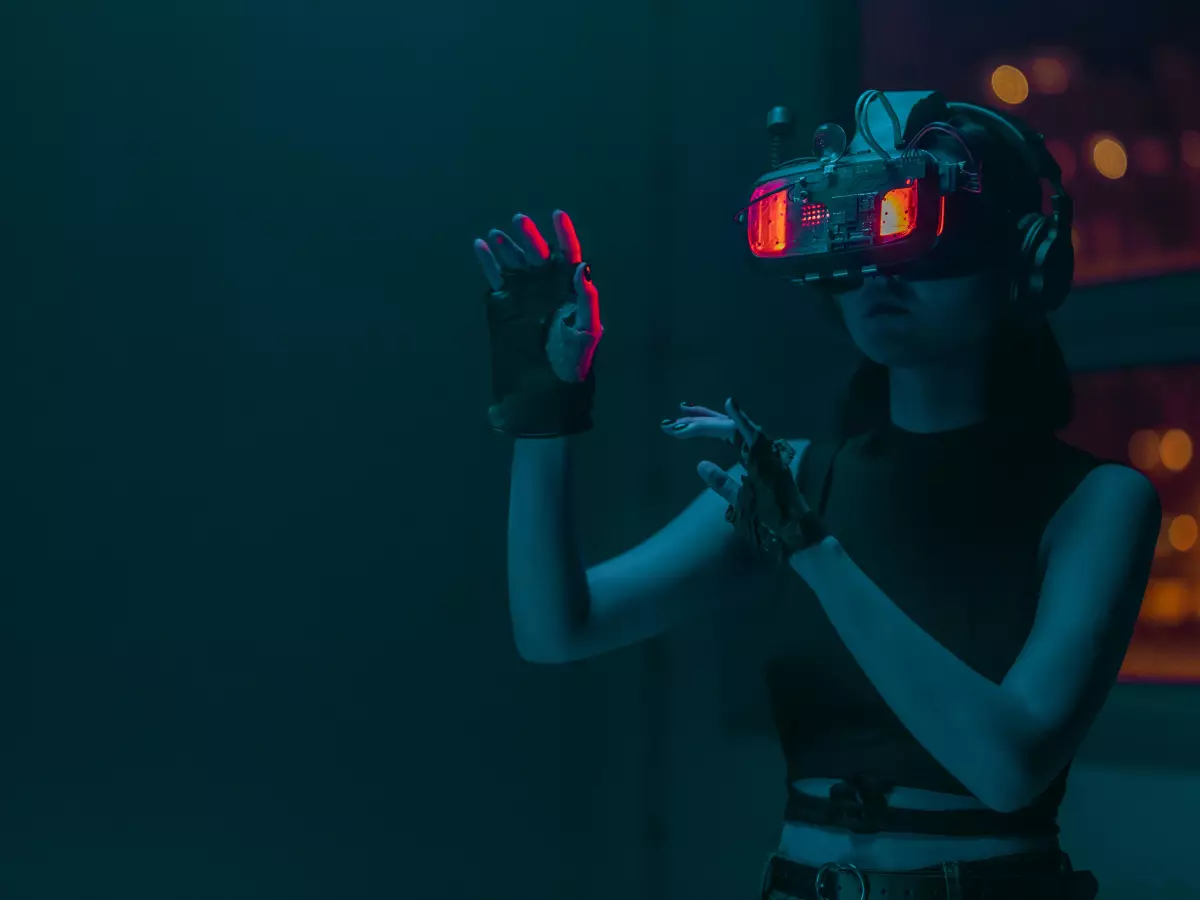AI vs Cybersecurity
AI is either the greatest ally cybersecurity has ever had—or its worst nightmare. It all depends on who you ask.

By Elena Petrova
According to renowned cybersecurity expert Bruce Schneier, “AI will change the nature of cybersecurity forever.” But here’s the twist—he’s not entirely sure if that’s a good thing. Schneier’s concern? AI’s ability to both defend and attack, creating a double-edged sword that could either bolster our defenses or expose us to unprecedented vulnerabilities.
Now, I’m not one to argue with a cybersecurity legend, but let’s face it: AI is already here, and it’s not going anywhere. So, the real question is, how do we manage the delicate balance between innovation and protection? Can AI truly be trusted to safeguard our digital world, or are we opening Pandora’s box?
AI: The Hero or the Villain?
Let’s break it down. On one hand, AI has the potential to revolutionize cybersecurity. Imagine a system that can detect threats faster than any human, adapt to new attack vectors in real-time, and even predict future vulnerabilities before they happen. Sounds like a dream, right?
But here’s the kicker—AI can also be used by hackers. In fact, it already is. Cybercriminals are leveraging AI to create more sophisticated phishing attacks, develop malware that can evade detection, and even automate large-scale attacks. So, while AI might be the hero we need, it’s also the villain we fear.
Take, for example, the rise of AI-powered deepfakes. These aren’t just fun party tricks anymore; they’re being weaponized to spread misinformation, manipulate public opinion, and even commit fraud. And guess what? AI is the mastermind behind it all.
The Leaders at the Helm
So, who’s steering this ship? Meet the tech leaders who are shaping the future of AI and cybersecurity—people like Demis Hassabis, co-founder of DeepMind, and Nicole Eagan, CEO of Darktrace. These visionaries are pushing the boundaries of what AI can do, but they’re also acutely aware of the risks.
Hassabis, for instance, has been vocal about the need for ethical AI development. He’s not just focused on making AI smarter; he’s also concerned about making it safer. On the other hand, Eagan is all about using AI to enhance cybersecurity. Darktrace’s AI-driven approach to threat detection is already being used by companies worldwide to fend off cyberattacks.
But here’s the catch—no matter how brilliant these leaders are, they’re still navigating uncharted waters. The intersection of AI and cybersecurity is a volatile space, and one wrong move could have catastrophic consequences.
The Stakes Are High
Let’s not sugarcoat it—the stakes in this battle are sky-high. If AI-driven cybersecurity fails, we’re looking at a future where cyberattacks become more frequent, more devastating, and harder to stop. Think about it: AI-powered malware that can evolve on its own, phishing scams that are indistinguishable from real emails, and deepfakes that can ruin reputations in seconds.
On the flip side, if we get it right, AI could be the key to a safer digital world. Imagine a future where cyberattacks are neutralized before they even happen, where personal data is protected by AI-driven encryption, and where hackers are outsmarted by the very technology they once exploited.
So, What’s the Verdict?
At the end of the day, the battle between AI and cybersecurity is far from over. It’s a high-stakes game, and the players are still figuring out the rules. But one thing’s for sure—AI isn’t just a tool; it’s a force to be reckoned with. Whether it becomes our greatest ally or our worst enemy depends on how we choose to wield it.
So, what side are you on? Will AI save us from the cyber threats of tomorrow, or will it be the very thing that brings us down? One thing’s for sure—this battle is just getting started.





